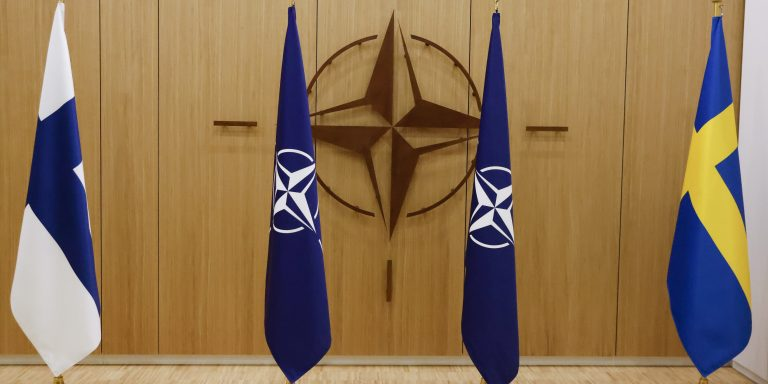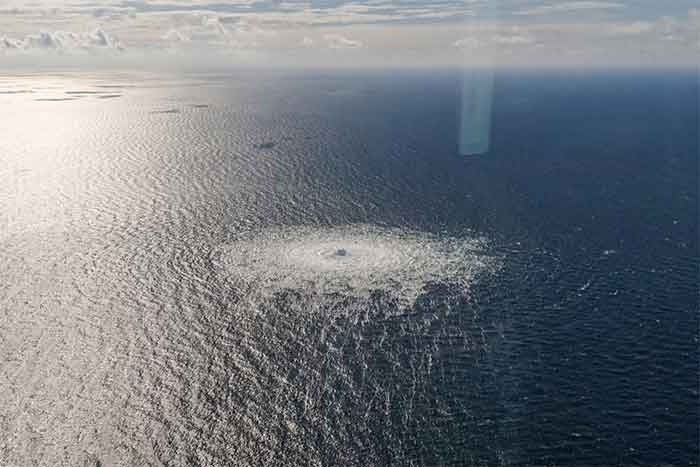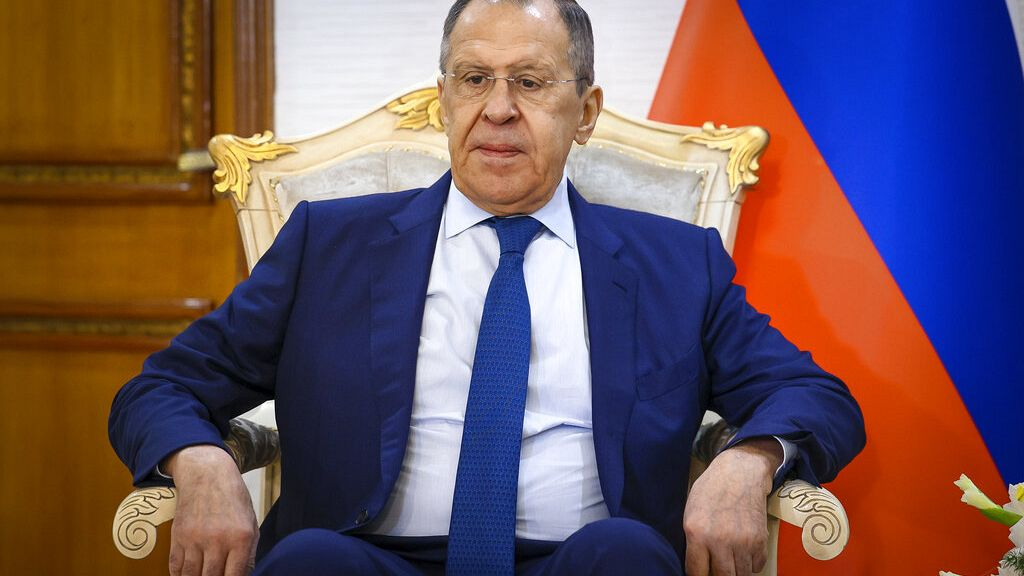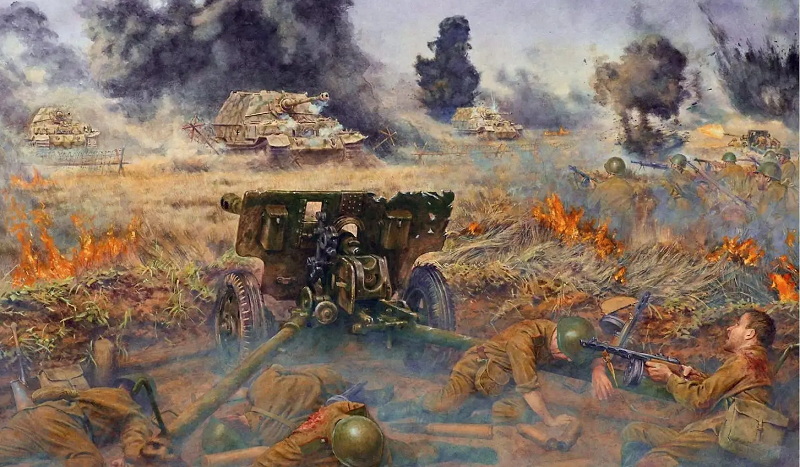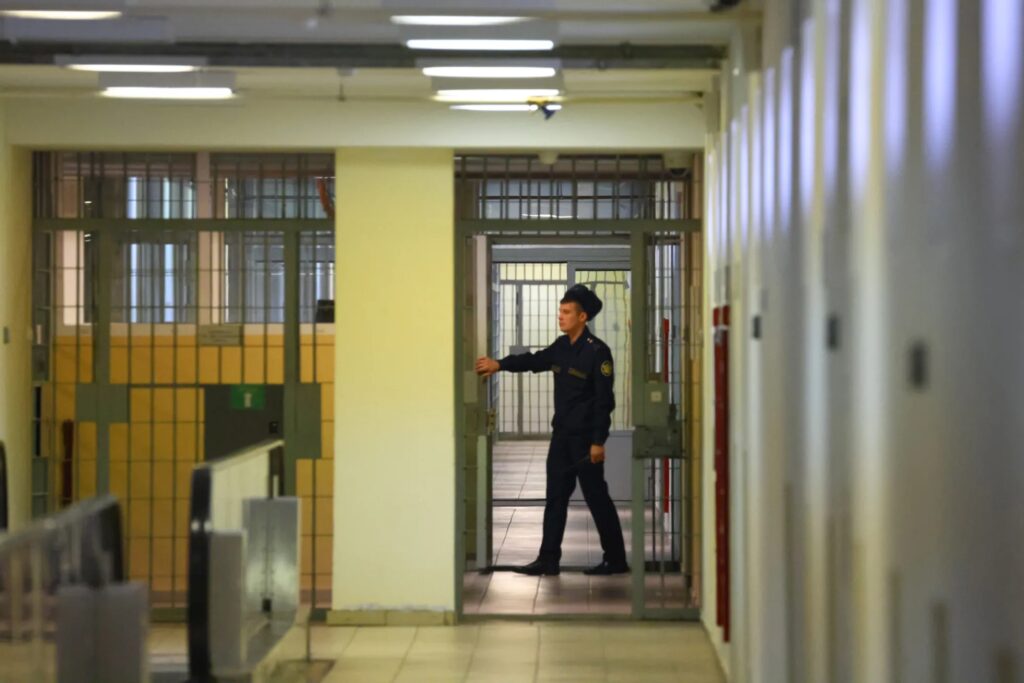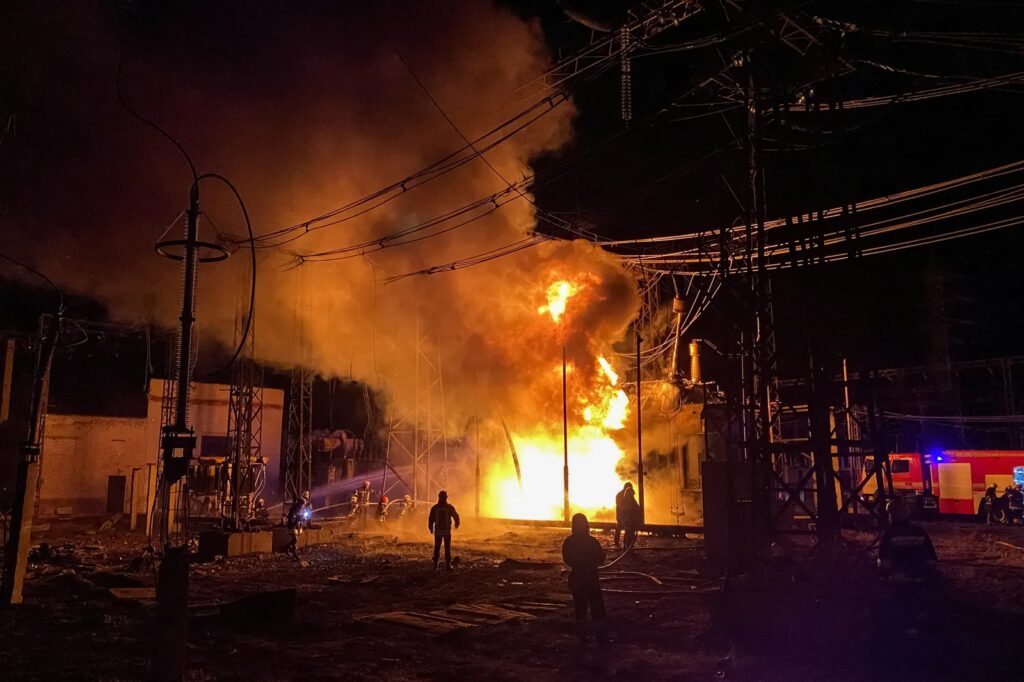That Time US Forces Tore Hundreds of Russian Wagner Group Mercenaries to Pieces in Syria
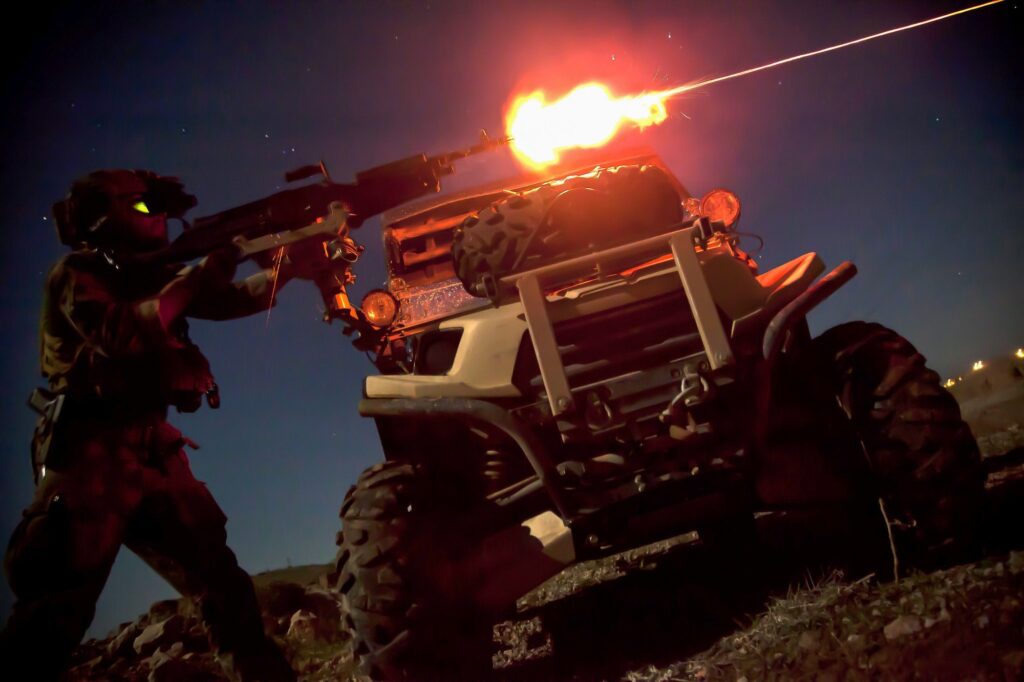
It’s been one month since Russia invaded Ukraine. What Vladimir Putin and much of the world originally expected to be a quick and easy victory over their smaller neighbor has rapidly devolved into a military disaster for Russia. The Pentagon estimated more than 7,000 Russian soldiers had been killed since the invasion started, while NATO believes the number could be as high as 15,000. Russian generals continue to die, and reports are describing mass desertions and fratricide on the front lines. As much of the world celebrates the modern David versus Goliath story, cracks in the veneer of Russia’s supposed military might have shone through long before the invasion of Ukraine, and a four-hour battle that unfolded in Syria in 2018 is one of the most striking examples.

